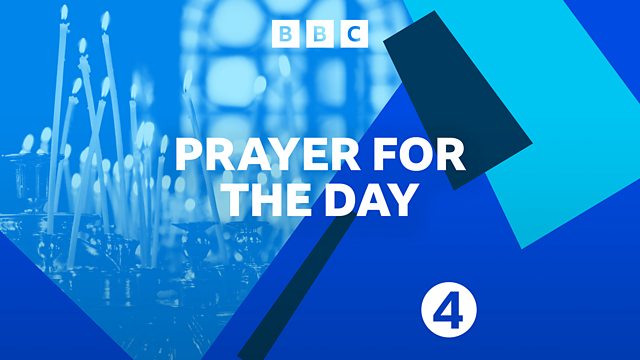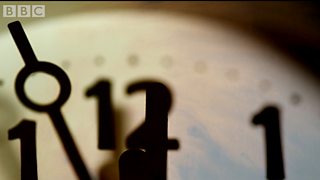
17/01/2018
A reading and a reflection to start the day with the Rev'd Dr Karen Smith, Tutor in Church History and Christian Spirituality at South Wales Baptist College.
Last on
Script:
Good morning. On this day in 1983, George Wallace became governor of the state of Alabama for the fourth time. A populist who appealed to white majority voters in the late 1960s, Wallace adopted a hardline attitude toward the Civil Rights Movement; famously claiming that he stood for "segregation now, segregation tomorrow, segregation forever".
��
Wallace, who was also a candidate for President of the United States on four occasions, renounced his views by the late 1970s and asked for forgiveness from African Americans. He claimed that while he had once sought ‘power and glory’, he realized he needed to ‘seek love and forgiveness’.
��
Wallace’s plea for pardon was difficult for many people to accept. This was the man who stood with armed state troopers at the door of the University of Alabama in order to prevent African-Americans from enrolling.
After offering many public speeches filled with vile, vicious words of hate, his critics questioned how he could simply say ‘sorry’ and expect forgiveness.
��
Yet in trying to forgive; we are not condoning an offense or pretending that it never occurred. Forgiveness is not simply ignoring the wrong. Rather it’s about our willingness to let go of anger and hurt. As the Apostle Paul put it: ‘Be angry, but don’t let the sun go down on your anger… be kind to one another, tender-hearted, forgiving one another as God in Christ has forgiven you.’
It’s not easy to do. Real forgiveness can be difficult and costly and takes time. Yet, asking for forgiveness and being able to forgive may be a step toward healing and wholeness.
��
Lord, We pray for those who have been hurt deeply. Knowing our need of forgiveness, help us to forgive others. Amen.
Broadcast
- Wed 17 Jan 2018 05:43����ý Radio 4

